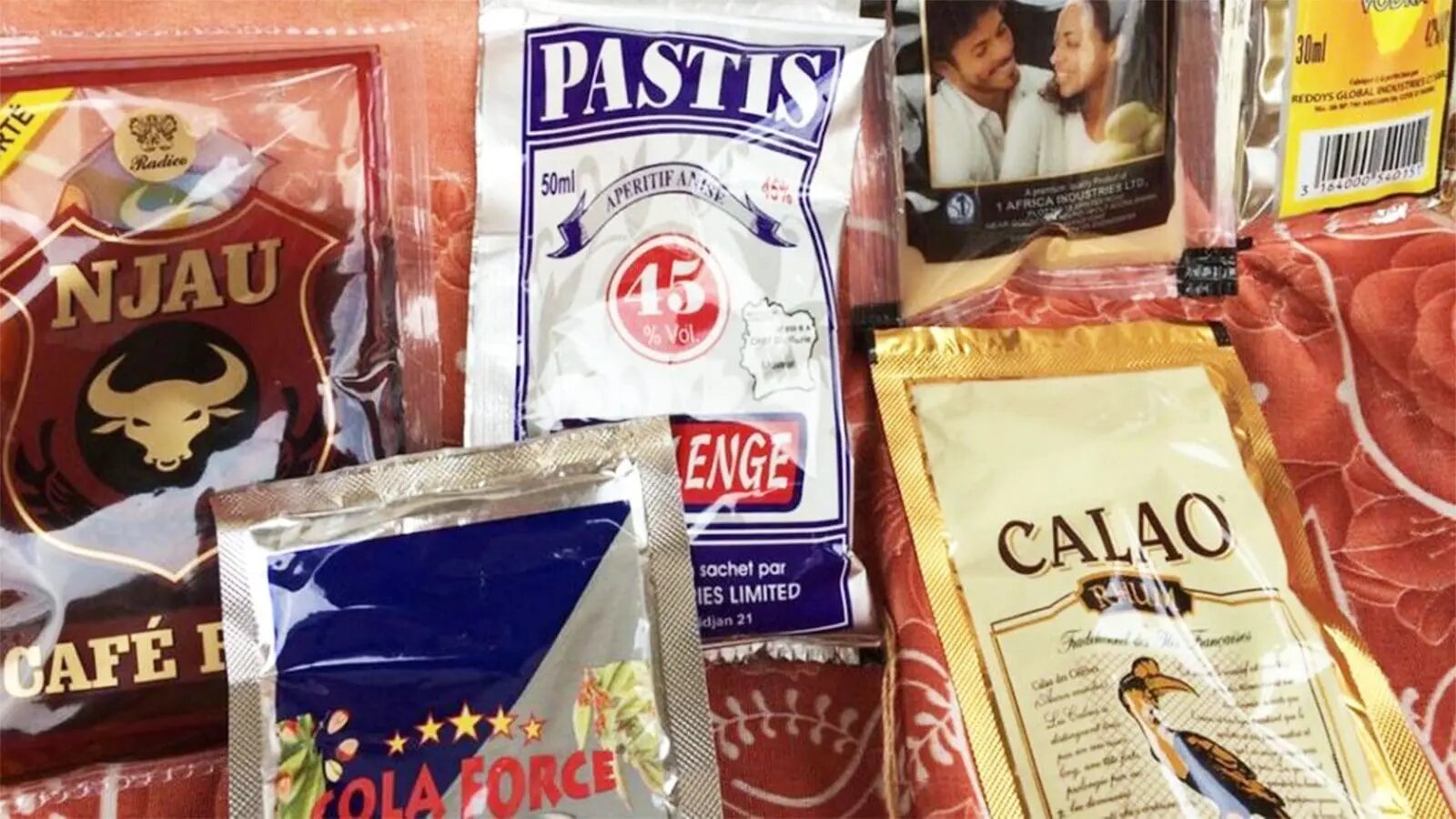Federal Government Ban on Sachet Alcoholic Beverages Threatens Half a Million Jobs, Sparks Industry Backlash
The Federal Government’s recent decision to prohibit the sale and consumption of alcoholic beverages in sachet and polyethylene terephthalate (PET) bottles has sent shockwaves through the food and beverage sector, with over 500,000 jobs now hanging in the balance. Stakeholders in the industry, represented by the Food Beverage and Tobacco Senior Staff Association (FBTSS) and the National Union of Food Beverages and Tobacco Employees (NUFBTE), have united in protest against the ban, warning of dire consequences for both workers and consumers.
The ban, initiated by the National Agency for Food and Drug Administration and Control (NAFDAC), follows a recommendation by a committee comprising the Federal Ministry of Health, NAFDAC, and the Federal Competition and Consumer Protection Commission (FCCPC) dating back to December 2018. NAFDAC took the first step towards enforcing the ban in 2022 by halting the registration of alcohol in sachet and small volume PET and glass bottles below 200ml.
Prof. Mojisola Adeyeye, Director General of NAFDAC, affirmed the enforcement of the ban, stating that the importation, manufacture, distribution, sale, and use of alcoholic beverages in sachets, PET, and glass bottles of 200ml and below would cease as scheduled by February 1, 2024. This enforcement action commenced nationwide on February 1, 2024, following the expiration of the window period given to manufacturers to sell off existing stock.
Emmanuel Idogien, Vice Chairman of NUFBTE Lagos Council, voiced concerns over the ban, warning of its potential impact on job security and consumer safety. He cautioned that the ban could create an opportunity for counterfeiters to thrive, exacerbating health risks for consumers and jeopardizing the livelihoods of hundreds of thousands of workers.
The industry stakeholders appealed to NAFDAC and the Federal Government to reconsider the ban and instead focus on enforcing existing regulations and promoting public awareness of responsible alcohol consumption. They emphasized the need for a balanced approach that prioritizes both economic sustainability and public health, urging policymakers to engage in dialogue with all relevant stakeholders to find mutually beneficial solutions.
As tensions escalate within the industry, calls for transparency, collaboration, and evidence-based policymaking grow louder, underscoring the importance of addressing concerns from all sides to achieve meaningful and sustainable outcomes.








